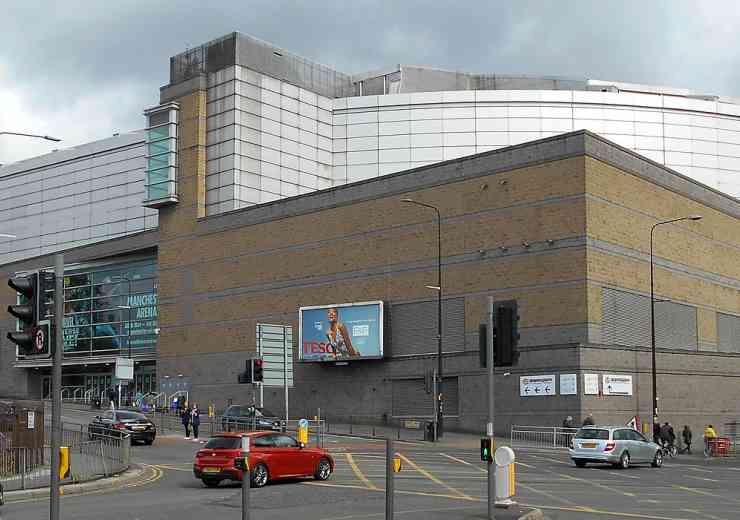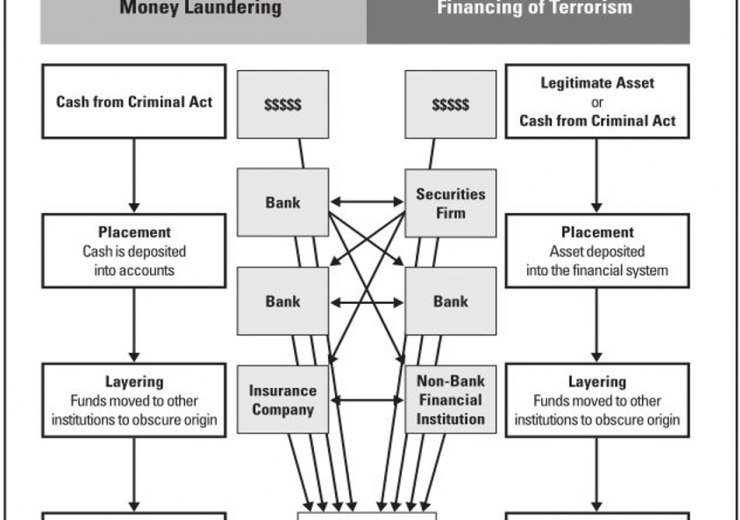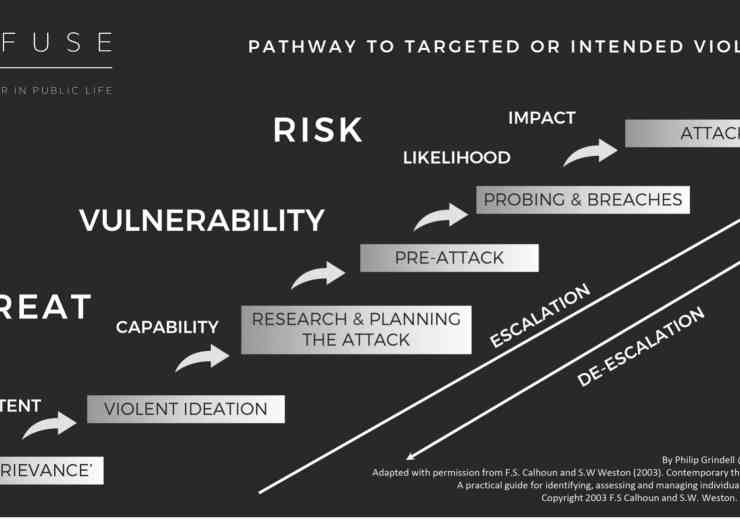
Recognising those standing up against terrorism in the UK
The Counter Terror Awards acknowledge excellence in the global fight against terrorism. For the last two years, organisations and individuals from the UK and overseas have been recognised across 20 categories for their contributions to reducing the threat of global terrorism.
This year, in a shorter category list, Counter Terror Business, organisers of the Awards, again looks to share appreciation and celebrate the people and organisations who are making the country and safer place to live. From communications and cyber security efforts, to policing on the front line and educating pupils against radicalisation, the shortlisted entries have been chosen for their actions in the last year, where the threat of terrorism has again grown.
Despite the threat level in the UK reduced to substantial in November 2019, meaning an attack is likely, incidents have been witnessed across the country. In the same month that the terrorism threat level was downgraded to ‘Substantial’, London Bridge played scene to another incident when 28-year-old Usman Khan started attacking people with a knife and was then shot by police. Only this month, Sudesh Amman stabbed people in Streatham a week after being released from prison after serving half of his sentence of three years and four months for terror offences.
The 2019 Global Terrorism Index has revealed that deaths from terrorism have halved in the last four years, but the number of countries affected by terrorism continues to grow, and, in the UK, the Home Office has announced that funding for counter terrorism policing will grow to £906 million in 2020 to 2021 - highlighting the scale of problem and resources needed to ebb the terrorist flow.
In spite of the challenges, policies, practices and solutions are being created to counter the threat - something our shortlisted entries can all be proud of. So, with no further ado, we provide our 2020 Counter Terror Awards shortlisted nominations.
Communications Award
This Communications Award recognises communication systems and their potential to assist organisations in both threat detection and post-terrorism communication between governmental and emergency service organisations. In previous years, this award has recognised the use of Body Worn Video technology and real-time footage from UAVs, and this year will be won by one of three organisations. In December, a counter terrorism training course was made available to the public for the first time. Devised by counter terrorism officers and security experts, the ACT Awareness eLearning package was previously only available to staff working in crowded places like shopping centres and entertainment venues. However, Counter Terrorism Policing has decided to open up the training to anyone who wants to become a CT Citizen so they can learn how to spot the signs of suspicious behaviour and understand what to do in the event of a major incident.
Also using an interactive online platform to provide secure expert counter terrorism advice, a collaboration between Pool Re and the Joint Security and Resilience Centre has been shortlisted for its efforts to provide businesses holistic access to timely and accurate information in the event of an attack. Completing the three-strong shortlist is the Metropolitan Police, for their work with Facebook to improve the social network’s ability to detect live streaming of terrorism and potentially better alert officers about an attack. This was launched following the Christchurch terrorist attack, in which a live stream video showing the New Zealand mosque shootings was watched about 4,000 times in total before being removed.
Cyber Security Award
The Cyber Security Award is presented to an organisation which has developed effective technologies to protect against the threat of cyber terrorism. The first organisation shortlisted in this category is the Cyber Threats Research Centre at Swansea University, which seeks to provide further understanding of cyber terrorism through its Cyberterrorism Project. The researchers based at CYTREC are not afraid to ask difficult questions or engage in topics that push the boundaries. In the last year this has involved research into whether content removal might actually be aiding terrorists.
The National Police Chiefs Council have been shortlisted for their efforts to ensure that every police force in England and Wales have a dedicated cyber crime unit in place. Starting last year, police forces have been able to access £7 million worth of funding to build the cyber crime units - including recruiting specialist officers and staff to the units and investing in technology, equipment and training. Prior to the roll out of the force units by the National Police Chiefs Council, only 31 per cent of forces had a dedicated cyber capability. The move ensures that all forces will have specialist officers and staff in place to investigate cyber crime and ensure victims receive a consistent response and receive contact and prevention advice from police following a report.
Completing the Cyber Security Award shortlist is the Counter Terrorism Internet Referral Unit. From January to November 2018, almost 1,300 reports of concern were made to the CTIRU who helps investigate and remove terrorist propaganda and information online. As well as assessing reports, officers from the unit scour the internet on a daily basis to find terrorist content themselves and have worked to get more than 310,000 pieces of extremist online material removed in the last decade.
















